Fitbit introduced its latest fitness tracking devices at CES in the Charge, heart rate-sensing Charge HR band and Surge "fitness super watch," the latter of which features standalone GPS tracking capabilities.
Adding to an arsenal of quantified self accessories, Fitbit debuted a few new products for 2015, including the Bluetooth-connected Charge, pulse-monitoring Charge HR and advanced Surge smartwatch, which tacks GPS tracking functions to the list of supported functions.
Charge is a simple looking activity band that takes after Fitbit's older Flex model, but comes with a small rectangular OLED readout for displaying device information and caller ID data from a connected smartphone.
The Charge HR model adds "PurePulse" continuous heart rate monitoring to the package to accurately track calorie burn, workout intensity and more without requiring a cumbersome chest strap.
Like past Fitbit products, Charge and Charge HR track steps, calories and distance, as well as newer metrics like floors climbed and active minutes. In addition, the bands monitor sleep quality and can automatically detect when a user falls asleep.
Alongside its new activity bands, Fitbit unveiled Surge, a "fitness smartwatch" that comes equipped with a large monochrome LCD, optical heart rate monitor, ambient light sensor, altimeter and the usual assortment of motion sensors. Notably, Surge features GPS tracking for more accurate distance measurements and route plotting via iOS.
Running time, distance, pace and elevation data can be accessed on Surge's display, but the watch does not have a built-in mapping function. For that, users must sync the device with an iPhone running Fitbit's app, which takes GPS data and plots it as a route on an in-app map.
In addition to fitness tracking duties, Surge is able to connect with a user's iPhone to control music playback, check caller ID, view messages and display notifications.
Battery life is pegged at up to seven days under normal use with a charging time of one to two hours.
Unfortunately, Fitbit's new products are not compatible with Apple's HealthKit framework, meaning users are unable to upload and view data in the iOS Health app. The company told AppleInsider that it's evaluating integration with HealthKit, but has yet to decide whether the addition would benefit its customers. The main objective, Fitbit said, is to help people meet their fitness goals.
Fitbit's $149.95 Charge HR and $249.95 Surge are available now and can be purchased directly through the firm's website. Brookstone also has Surge in stock for the same price.
 Victor Marks
Victor Marks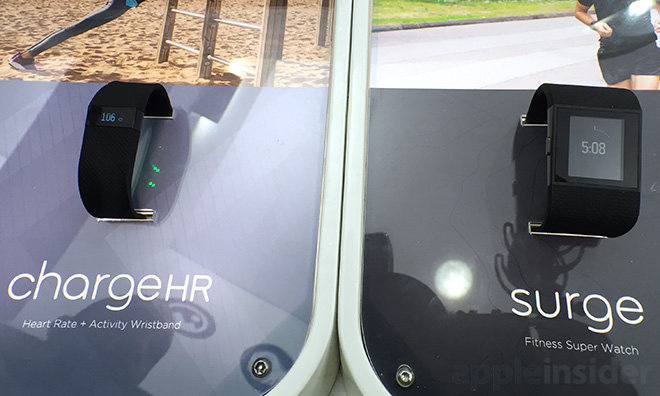
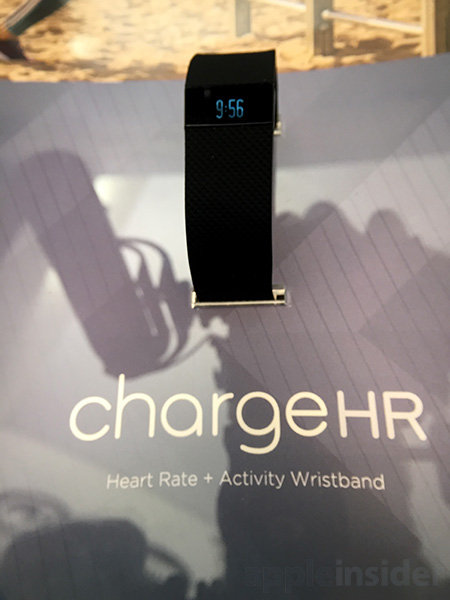
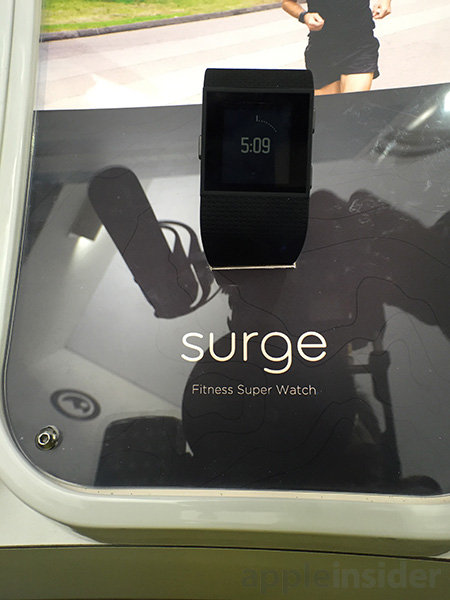
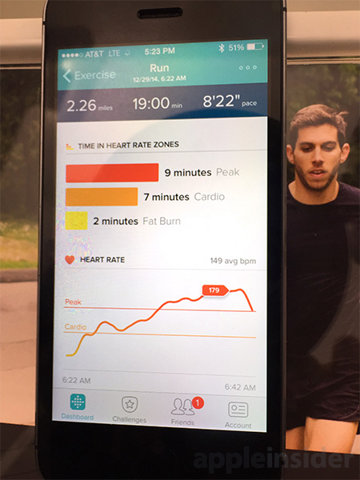

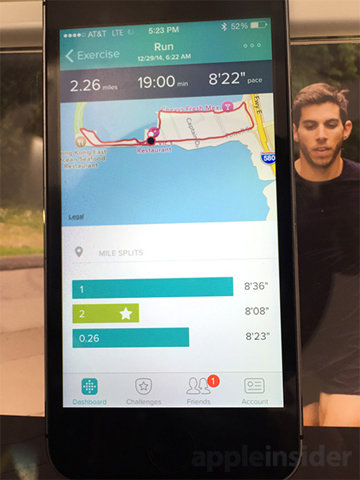







-m.jpg)






 Christine McKee
Christine McKee
 Malcolm Owen
Malcolm Owen

 William Gallagher
William Gallagher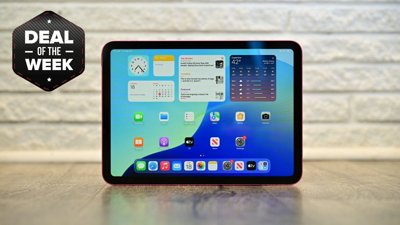

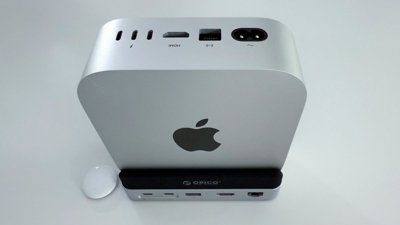
 Mike Wuerthele
Mike Wuerthele
 Andrew Orr
Andrew Orr




-m.jpg)



9 Comments
The FitBit Charge HR is still in the lead for me as my next fitness band.
The FitBit Charge HR is still in the lead for me as my next fitness band.
Fitbits are really nice. I get a lot of good use out of mine
I want to love Fitbit, but calorie counting on their app has been broken for about 2-3 months now for me. No idea how to fix it and the support boards say to just hang on a bit longer for a fix.
No reason why they shouldn't be compatable with Health therefore I won't be getting one.
"...but has yet to decide whether the addition would benefit its customers." Translation: We don't like the idea of Apple getting in the way of our data collecting.